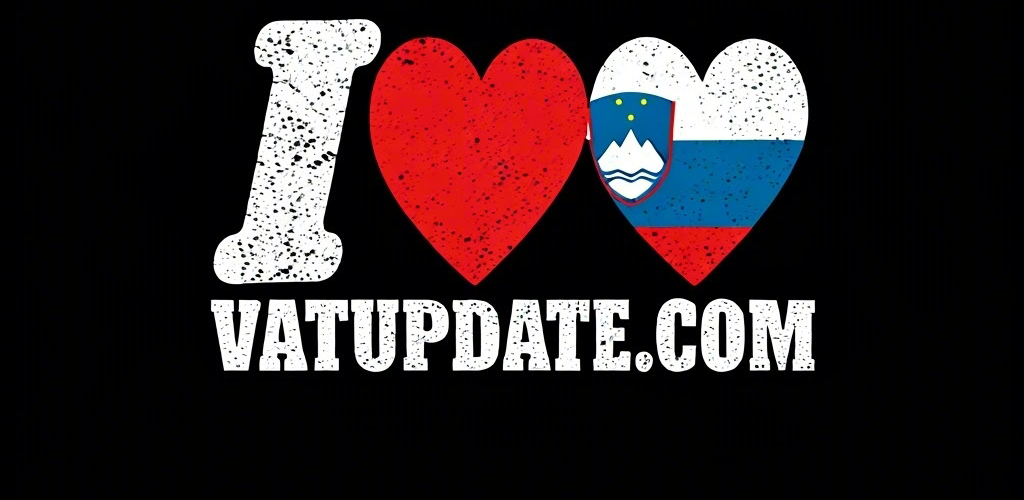- On February 11, 2025, the Financial Administration of the Republic of Slovenia (FURS) published a new draft law introducing mandatory B2B e-invoicing, which postpones its implementation from June 2026 to January 2027 for all taxpayers.
- The revised draft removes the requirement for near real-time e-reporting to FURS and includes the Peppol network as a valid exchange option for B2B e-invoicing, alongside certified service providers and direct exchange methods under specific compliance conditions.
- Stricter requirements for service providers, including ISO/IEC 27001 certification, are introduced, and B2C e-invoicing is permitted with prior agreement, while the draft law will be submitted to the National Assembly for further legislative consideration.
Source: sovos.com
Law on the Exchange of Electronic Invoices and Other Electronic Documents” (ZIERDED) in Slovenia
Additional information on Draft law (in Slovenian)
The Slovenian government is proposing a new law concerning the exchange of electronic invoices (e-invoices) and other electronic documents. This law seeks to standardise e-invoicing practices across businesses, aligning with EU directives to eliminate barriers caused by differing national standards. The proposal mandates that businesses exclusively issue e-invoices to each other while protecting consumers’ right to choose paper invoices. It also requires e-invoices to be reported to the Financial Administration of the Republic of Slovenia (FURS) and outlines the roles and responsibilities of e-path providers. The law aims to reduce VAT fraud, enhance tax compliance, and promote efficiency within both the public and private sectors, drawing insights from e-invoicing systems in countries like Italy, Sweden, France, Croatia, Poland, Romania, and Germany.
Click on the logo to visit the website
- See also
- Join the Linkedin Group on Global E-Invoicing/E-Reporting/SAF-T Developments, click HERE















